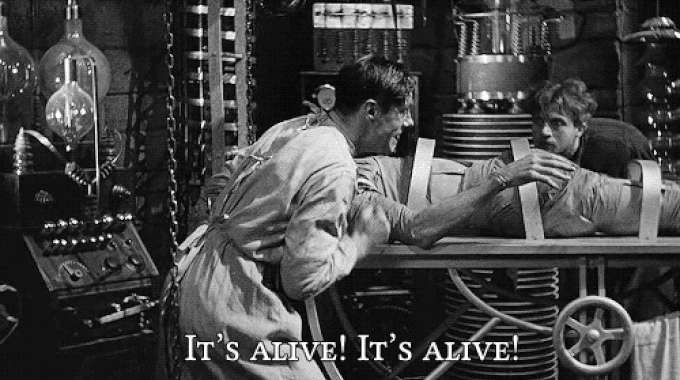 Everyone loves the zombie novel. No, I don’t mean a novel about zombies. I mean the novel itself as an artform, which walks on undeterred by premature declarations of its demise.
Everyone loves the zombie novel. No, I don’t mean a novel about zombies. I mean the novel itself as an artform, which walks on undeterred by premature declarations of its demise.
Kelsey McKinney at Vox reminds us: “The novel is a relatively new literary format. Though fictional storytelling has been a tradition since the Greek and Roman empires, the first precursor to the modern novel was Miguel de Cervantes’ Don Quixote in 1605.”
Well, you may have heard the news that archaeologists believe they have located the remains of Cervantes, who enthralled generations with a satirical account of a knight errant, the iconic heroic archetype that has inspired countless tales of fantasy, science fiction, spy adventure, and detective mystery.
As McKinney reminds us, Cervantes isn’t the only thing declared dead that hasn’t remained in the grave. Her Vox article recounts “30 times the the novel has been declared dead since 1902.”
Ironically, Norman Mailer said the novel was dead in 1955, then went on to publish An American Dream, The Executioner’s Song, Ancient Evenings, Tough Guys Don’t Dance, Harlot’s Ghost, and many others.
This is a tiresome meme that I have been quite active in combating. I addressed Philip Roth’s idiotic declaration of the death of the novel in “Philip Roth is Philip WRONG” and pointed readers to JK Evanczuk’s dismantling of Roth’s reasoning. I also smacked down Lee Siegel’s novel death sentence in “Is Fiction Dead (Again)?” and “Another Swipe at Lee Siegel (Which Reminds Me of Tolkien’s Faramir).”
The whole farcical trope reminds me of “The Death of Mary, Queen of Scots,” a Monty Python sketch. “The novel is dead!” No, it’s not.
